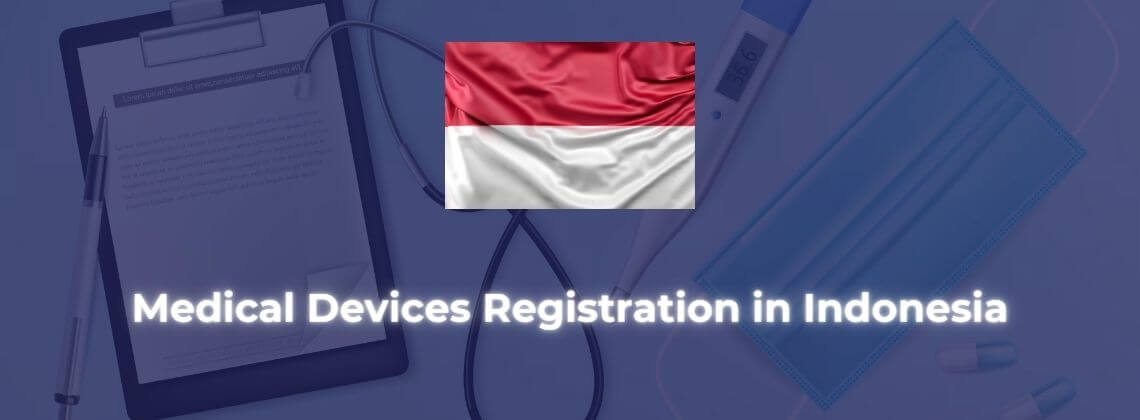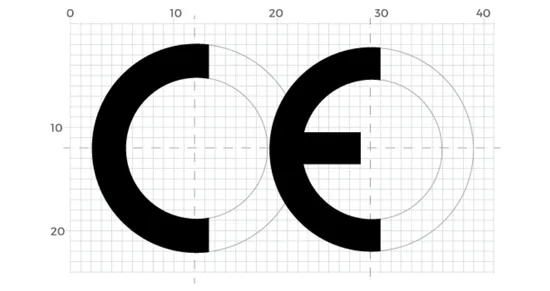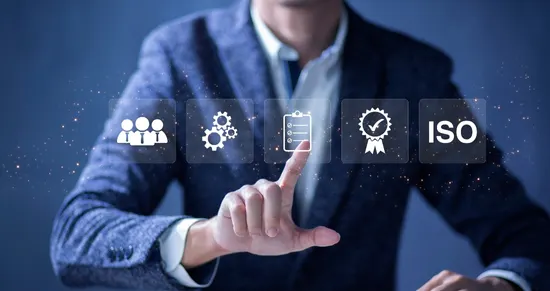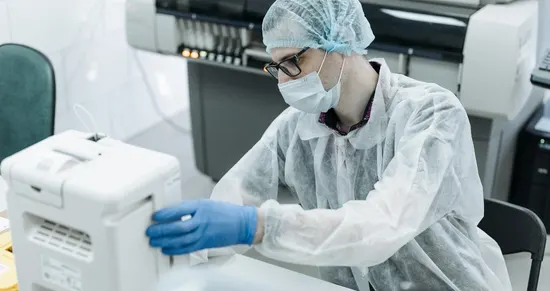GOVERNMENT AUTHORITY
The Ministry of Health (MoH) serves as the key regulatory authority overseeing medical device registration in Indonesia. This encompasses pre-market and post-market evaluation, standardization, legislation, and certification of Good Manufacturing Practices (GMP).
Before importation, medical devices and In Vitro Diagnostics (IVDs) must obtain a registration number and product license, commonly known as a marketing license, from the Ministry of Health. These licenses are issued to local, licensed distributors, ensuring compliance with regulatory standards.
PRODUCT CATEGORIZATION
In Indonesia, the registration process for medical devices is governed by guidelines that align with GHTF Classification standards and are harmonized with the ASEAN Medical Devices Directive. The classification system consists of four classes—A, B, C, and D—categorized according to the level of risk the device poses.
The registration routes for medical devices in Indonesia vary depending on their classification. Manufacturers must navigate these routes accordingly to ensure compliance with regulatory requirements and obtain market authorization for their products.
| Class A Medical Device or IVD Device | 15 days | US$115 (Indonesia Rupiah 1,500,000) |
| Class B Medical Device or IVD Device | 30 days | US$230 (Indonesian Rupiah 3,000,000) |
| Class C Medical Device or IVD Device | 30 days | US$230 (Indonesian Rupiah 3,000,000) |
| Class D Medical Device or IVD Device | 45 days | US$340 (Indonesian Rupiah 5,000,000) |
Understanding the classification of a medical device is crucial, as it determines the appropriate registration route and the level of scrutiny applied during the evaluation process. By adhering to classification guidelines and selecting the correct registration route, manufacturers can streamline the registration process and expedite market entry for their medical devices in Indonesia.
REGULATORY EFFICIENCY
Registering medical devices in Indonesia is a streamlined and cost-effective process, given the country’s vast size. Before importing, medical and IVD devices must obtain a registration number and product license, also known as a marketing license, from the Ministry of Health (MoH). This is facilitated through a licensed importer, who acts as the license holder.
MEDICAL DEVICE STATUS
Medical devices registration in Indonesia encompasses instruments, devices, and apparatus utilized for diagnosing, preventing, monitoring, treating, or alleviating illnesses. It’s essential to note that devices containing pharmaceuticals do not fall under the medical devices category in Indonesia.







